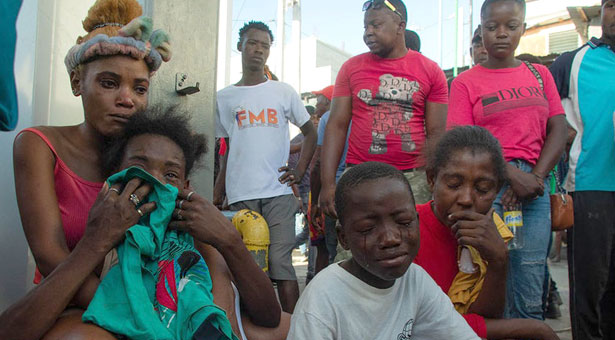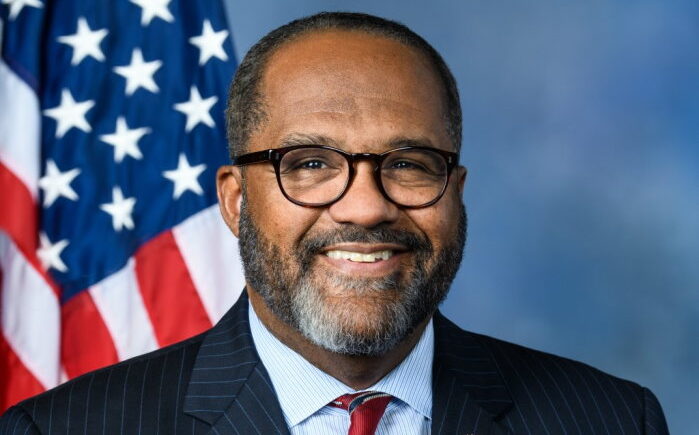
Stacy M. Brown NNPA Newswire Senior National Correspondent
Amidst escalating turmoil in Haiti, a recent exodus of U.S. citizens fleeing the violence underscores broader concerns about the humanitarian crisis unfolding in the Caribbean nation. As conflict rages on in regions like the Middle East and Eastern Europe, voices like Dr. Benjamin F. Chavis Jr., President of the National Newspaper Publishers Association, emphasize the need for global attention to the suffering of people worldwide, including those in Haiti.
“A lot of people are concerned about the suffering that’s going on in the Middle East, and they should be concerned,” noted Dr. Chavis Jr. in his State of the Black Press Address at the National Press Club. “But I’m also concerned. I don’t hear a word about the suffering in Africa, where millions of people are being killed in the Congo. I don’t hear a word about… what’s going on in Haiti.”
Against this backdrop, a charter flight carrying more than 30 U.S. citizens seeking refuge from the spiraling gang violence in Haiti touched down in Miami on March 17, according to U.S. State Department officials. The evacuation came amid escalating chaos in Haiti, where gang attacks, looting of aid supplies, and widespread violence reportedly have pushed the nation to the brink of famine.
The situation in Haiti has been deteriorating for over a year, with the recent chaos culminating in a pivotal moment on Monday night. Haiti’s embattled Prime Minister, Ariel Henry, agreed to step down once a transitional government is established through negotiations involving regional powers and stakeholders, including the United States.
However, concerns persist over the legitimacy and effectiveness of such interventions, as many argue that Haitians themselves must drive actual solutions. A Haitian-led interim government with oversight committees tasked with restoring order, battling corruption, and facilitating fair elections is what the proposed “Montana Accord,” which has the support of various Haitian stakeholders, seeks to establish.
Meanwhile, armed groups, including paramilitary factions and former police officers, have seized control of large swathes of the capital, Port-au-Prince, perpetuating a cycle of violence and instability. The United Nations estimates that at least 80% of the capital is now under the control of these armed groups, exacerbating the humanitarian crisis and displacing thousands of residents.
As Haiti grapples with the convergence of manufactured and natural disasters, including the lingering effects of the 2010 earthquake, hurricanes, and floods, the plight of its people demands urgent attention and concerted action from the international community.
“It’s the Haitian people who know what they’re going through. It’s the Haitian people who are going to take destiny into their own hands,” Jimmy Chérizier — also known as “Barbecue,” told the Associated Press. “Haitian people will choose who will govern them.”
Nearly 1,000 Americans in Haiti plea for help, State Dept. says, as gangs unleash new attacks.
Recommended For You.



Be the first to comment